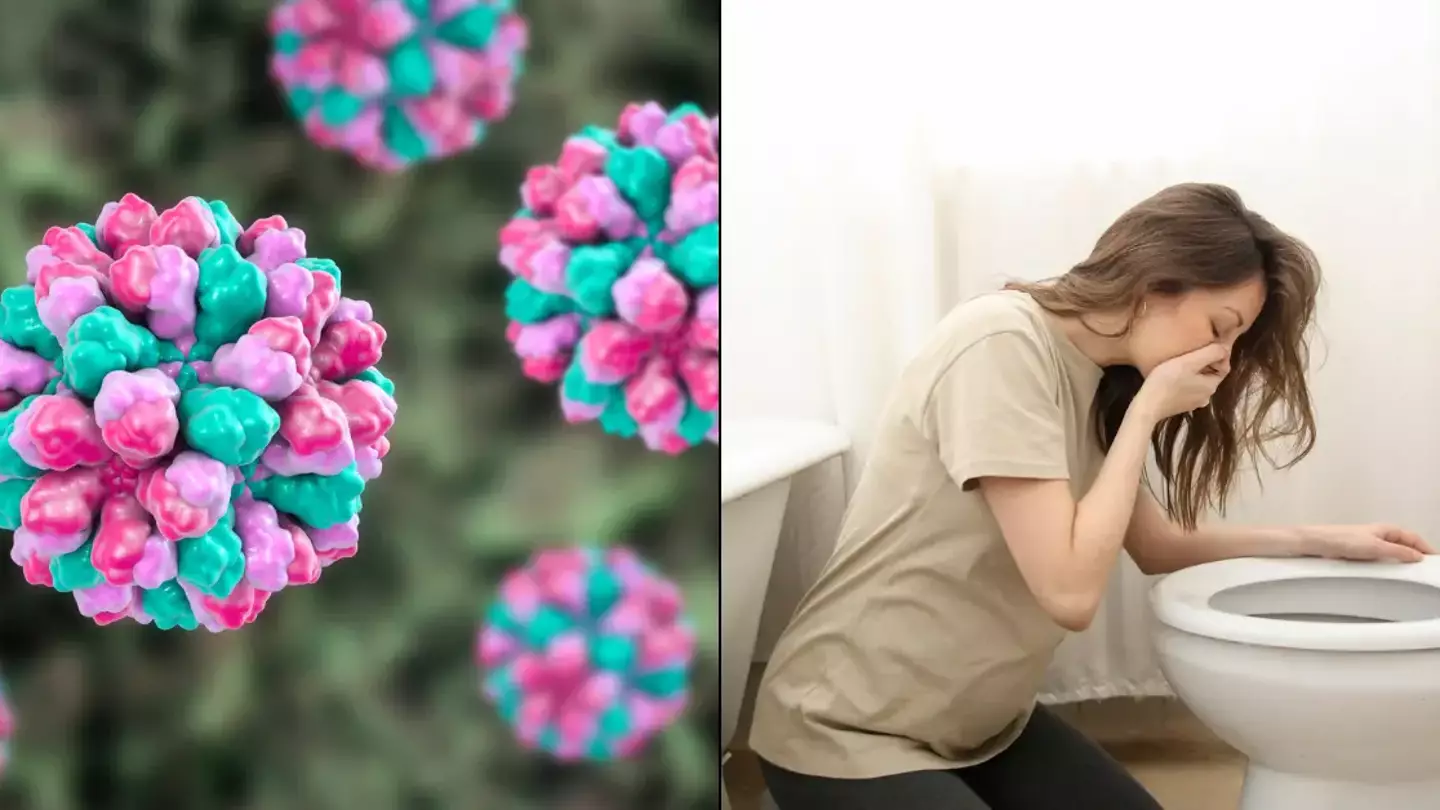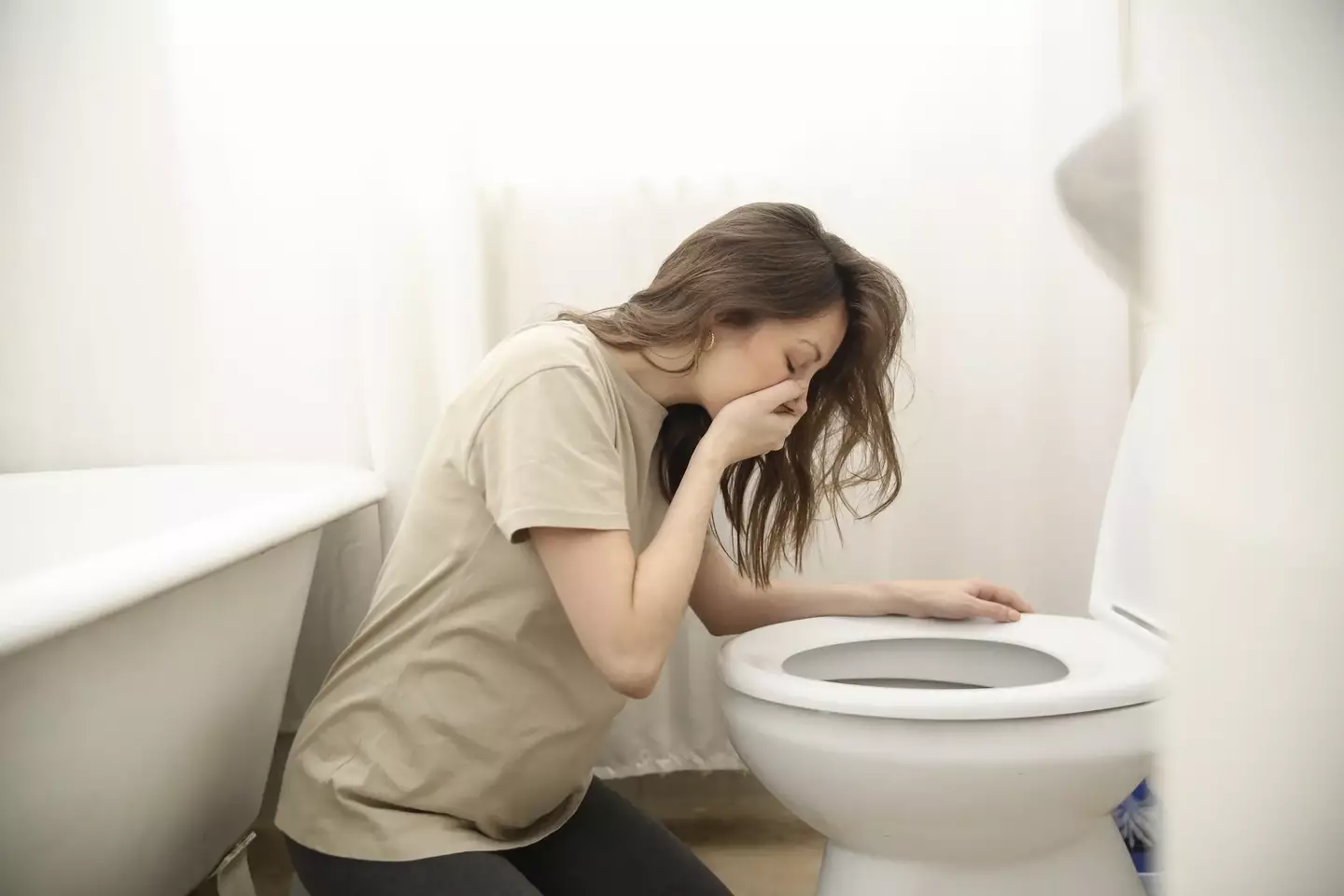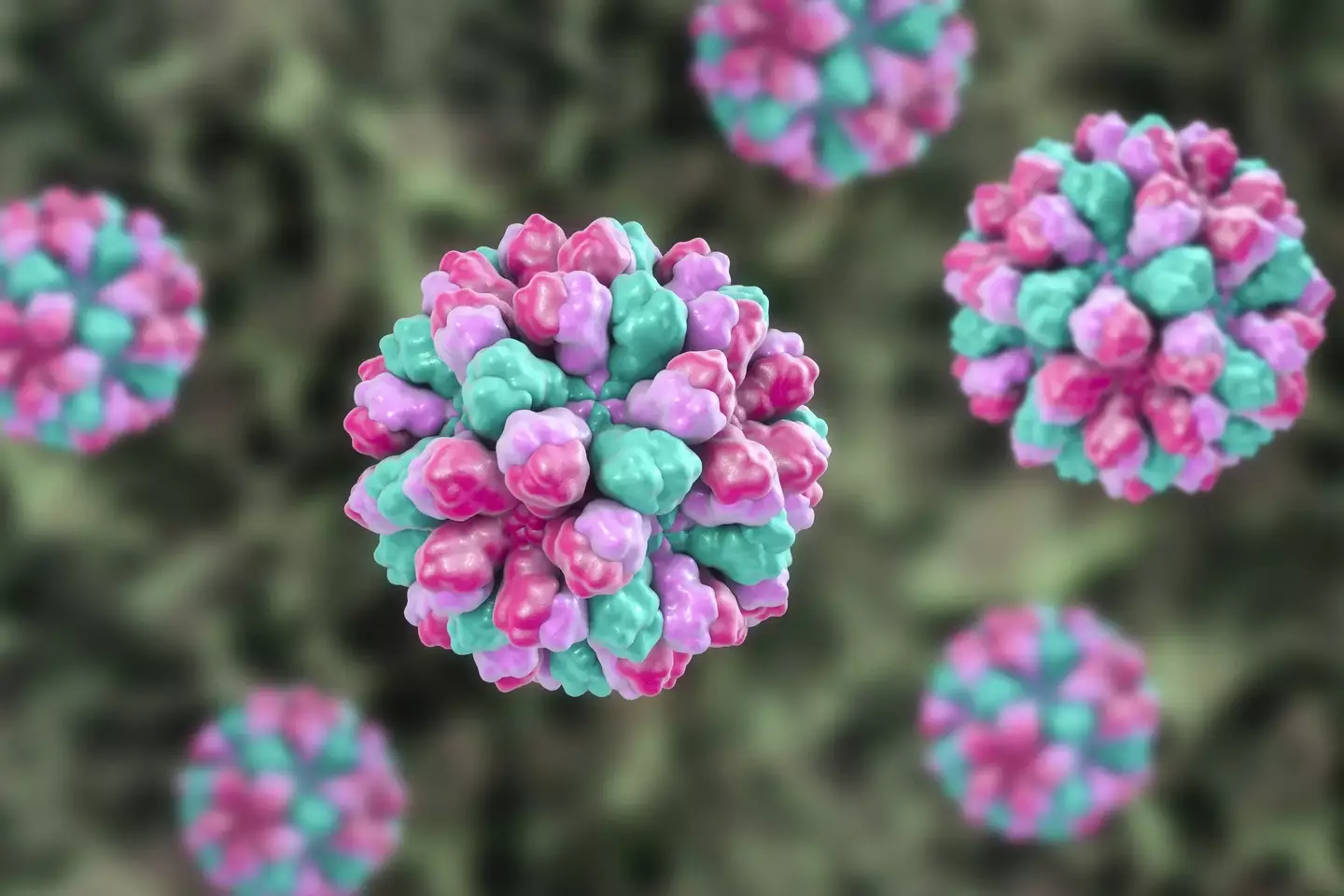
The brutal illness that is currently sweeping the nation has reached seasonal highs, and it doesn't show any signs of improving.
Luckily, health experts and the UK government have provided advice on what to do if you catch the infamous norovirus.
The 'Kawasaki bug' variant, named after the Japanese city it originated from, is currently taking the country by storm, as Brits have been told to stay home for days if they catch the illness.
According to the UK Health Security Agency (UKHSA), almost 70 percent of all norovirus cases in the country are of this particular variant of the disease.
Advert

UKHSA took to X to say: "While #norovirus cases remain high, there are some simple steps you can take to avoid spreading the infection."
In their latest official National norovirus and rotavirus report, they also detailed: "Norovirus activity has remained high in recent weeks, with total norovirus laboratory reports between weeks 42 to 43 of 2024 more than double the 5-season average for the same 2-week period," adding that in the 2024/25 season, it is 26 percent higher than average.'
What is norovirus?
Norovirus a short-lived illness that can go in around two to three days, which the NHS describe as 'very unpleasant'.
Symptoms such as nausea, diarrhoea, vomiting, a fever, a headache, and arm and leg aches can indicate that you have contracted the virus.
Young children and the elderly, or those with weakened immunity, are more at risk of suffering prolonged illness.
How do you stop the spread of norovirus?
It is transmitted through contact with people, UKHSA explained, as well as surfaces or objects that may be contaminated with it.
The way to avoid it is to stay clean and wash your hands throroughly, as often as you can.
This will stop it from spreading, and it should be noted that hand sanitisers are not effective against the infection.
In addition, six pointers have been shared with the public on what to do if you do fall ill with norovirus:
Don't use antibiotics
You should avoid antibiotics as these fight bacteria, not viruses.
Stay hydrated
Throwing up and having diarrhoea causes your body to lose not just water, but salts too. It is crucial to drink plenty of fluids and electrolytes to prevent dehydration.
Stay at home
It's important that you stay home where possible, as the laws behind taking time off work due to the illness have also been outlined.
The government also urges people not to send children to school until their symptoms have subsided for 48 hours, and visiting your GP while symptomatic is not recommended.
Calling your GP on the phone, reading the NHS norovirus webpage or contacting 111 are ways to find out more if you are worried about your symptoms.

Avoid cooking for others
You should wait for 48 hours after symptoms have stopped to prepare food for others, as the virus can be spread through contaminated food when handled by people with the condition.
Wash clothes in hot water
Contaminated clothes or bedding should be washed with detergent at 60°C if possible, and it is advised you wear disposable gloves to handle anything contaminated.
Use cleaning products
Bleach-based cleaning products should be used to disinfect contaminated surfaces - a simple wet cloth won't suffice in removing the chances of it passing over.
There is no cross-strain immunity when it comes to norovirus, so it is possible to have several infections in a short period of time.
Taking care and following the government's advice above can save you from catching it in the colder months, when the virus thrives.
So, stay safe out there1